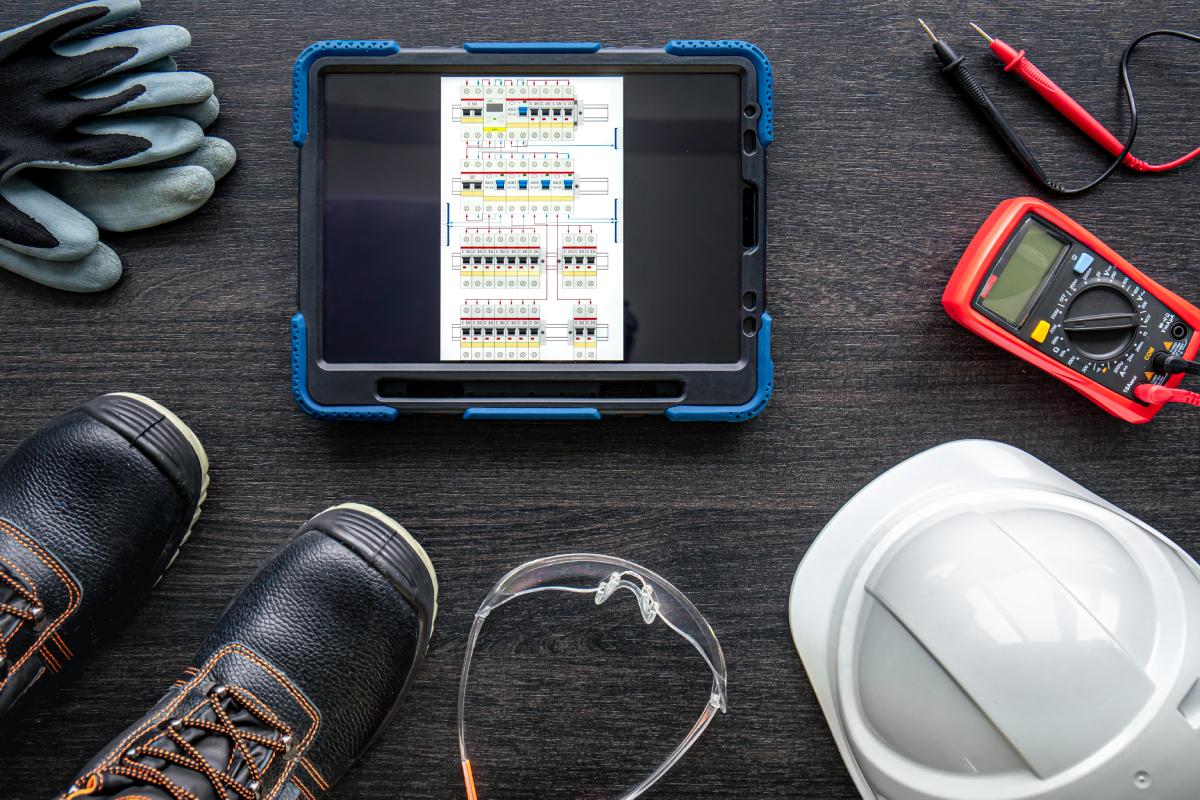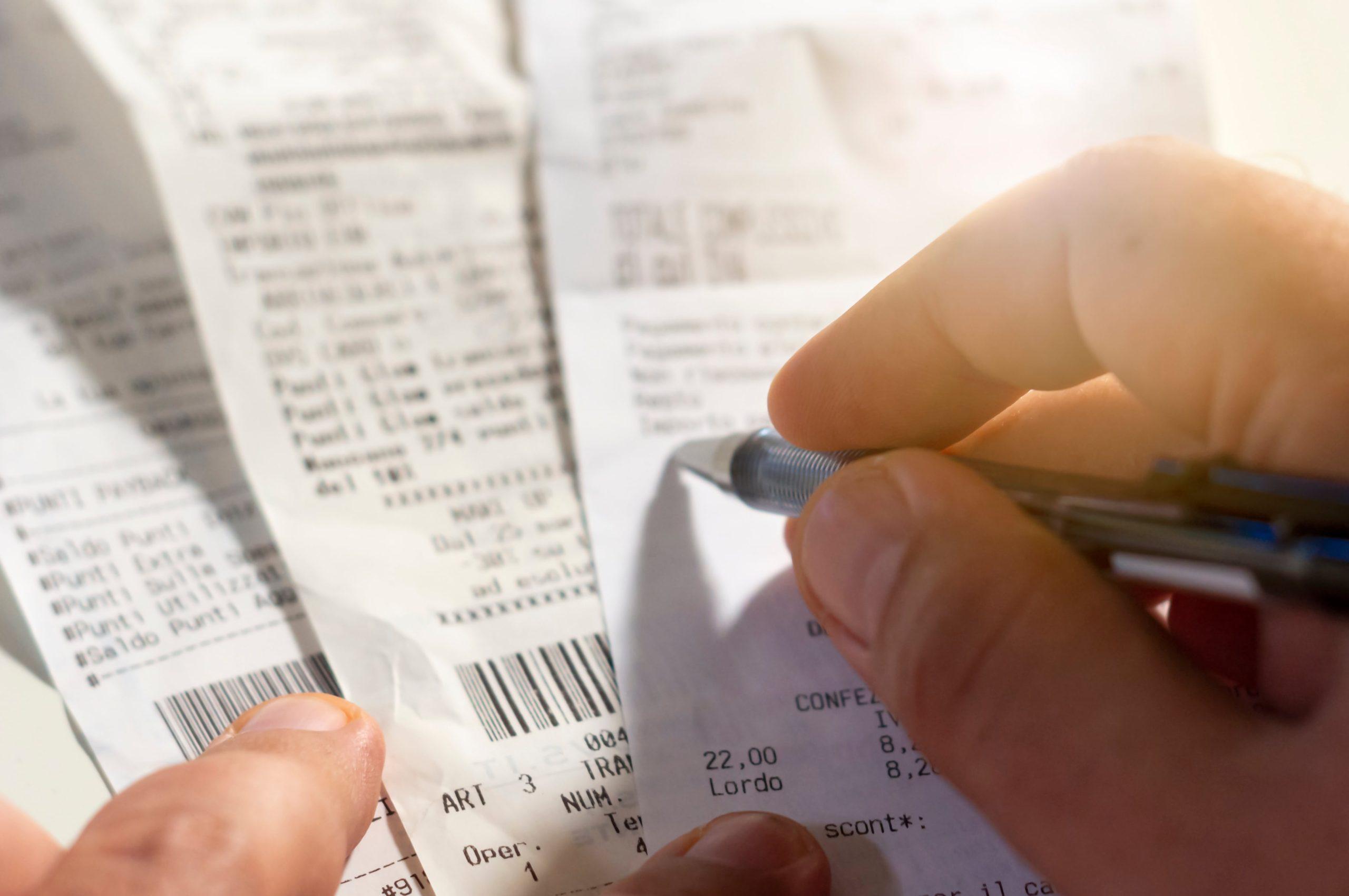Most of us have to pay tax, but no one wants to pay more than they have to. Luckily, tax relief can help you reduce the amount of tax you need to pay.
For both company employees and those who are self-employed, it’s important to get the right guidance so you can plan ahead, and understand what you need to pay (and when).
Whether you’re an electrician working in London, a builder in St Albans, or a mobile business operating all over the southeast, you may be able to claim several types of tax relief. Claiming tax relief means you won’t need to pay so much tax, and that’s only ever good news, right?
Claiming tax relief for using vehicles for business
Say you’re an electrician going to different jobs every day. This might be to different sites or customers’ homes.
Although someone driving to and from the same office every day won’t be able to claim tax relief on their travel costs, you can because you’re not travelling to a regular place of work.
If you’re an employee using your own vehicle for work purposes, you can claim tax relief on things like fuel, electricity to re-charge it, MOTs, road tax and maintenance.
Make sure you keep records though – you’ll thank yourself when claim time rolls round!
Here are the current mileage rates:
| Type of vehicle | First 10,000 business miles per tax year | Each mile over 10,000 business miles per tax year |
| Four wheelers (car and vans) | 45p | 25p |
| Motorcycles (bike and scooter) | 24p | 24p |
| Bicycles | 20p | 20p |
Travel and overnight expenses
Electricians and other trades people often need to travel out of area for work. This could be for a specific job or to attend training.
If this is something that applies to you, the good news is your travel costs are likely subject to tax relief, as long as they directly relate to your job. These costs include:
- Public transport, such as train or bus fares
- Parking fees
- Business phone calls
- Meals
- Hotel accommodation
- Printing charges
Again, just make sure you keep all your receipts as evidence.
Tool costs and your expenses
Most trades need to use tools and equipment in order to do their job. But is any of it eligible for tax relief?
Unfortunately, you can’t claim tax relief on the initial cost of buying tools, but you can claim relief against your tax bill if you need to repair or replace smaller items.
Once again (and we can’t emphasise this enough!) you need to keep all receipts and paperwork as supporting evidence.
An experienced accountant can help you if you’ve got any questions about tools that can be claimed for, and keep you on the right side of HMRC guidance.
Uniforms and other equipment
This one can sometimes be quite tricky, because HMRC generally only allows expenses claims which are ‘wholly and exclusively for the use of the business’. Safety overalls with your company logo might be eligible, but some items are more difficult.
For instance, a personal trainer will naturally need a lot of workout gear, but it’s not that easy to prove that you only use it for work, when you could also use it out of hours.
It’s usually worth asking an accountant for help with this.
Professional fees and subscriptions
Do you get a weekly or monthly trade magazine? Perhaps you have to pay for membership to a specific trade or professional body? If this is the case, the costs involved can be subject to tax relief – again, as long as it’s specifically so you can do your job.
There are two conditions to bear in mind here though, as set out by HMRC.
- You need to make the payment yourself.
- The payment must be made to an organisation or business approved by HMRC.
If you pay any subscription fees or memberships fees to professional bodies yourself, you can claim back up to 20% as a basic rate taxpayer.
You won’t be able to claim any tax benefit if you have an employer who has already repaid you for the cost.
Pension contributions
When it comes to pension contributions you’ve got a couple of options. Either your employer can deduct your pension payments out of your pay before they take off income tax, or as a self-employed person you can do it via your pension provider.
Your provider will then claim back 20% of the tax that you pay and add it into your pension pot. It’s well worth doing, and you’ll be able to use the relief to build up a pension pot for the future.
Run a business in London and need an accountant? Contact our team on 020 3355 4047, or get an instant quote online.




Leave a Reply